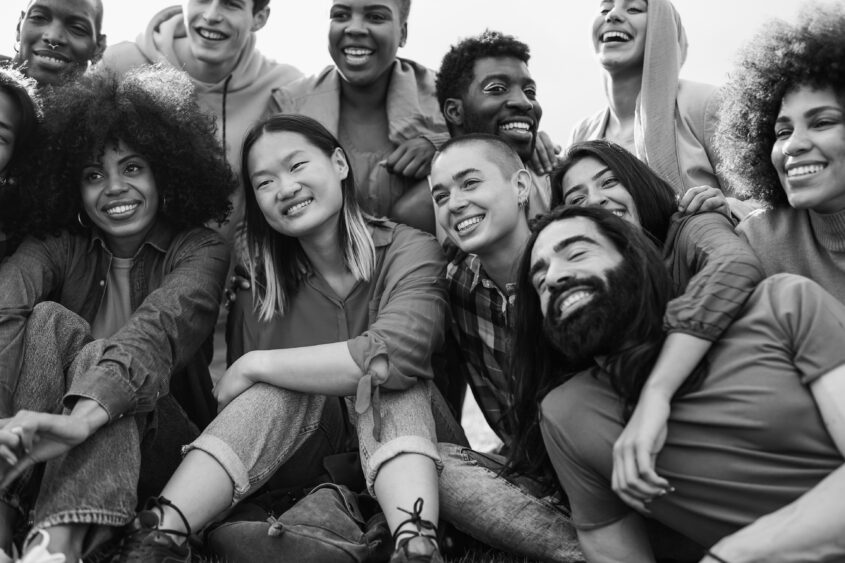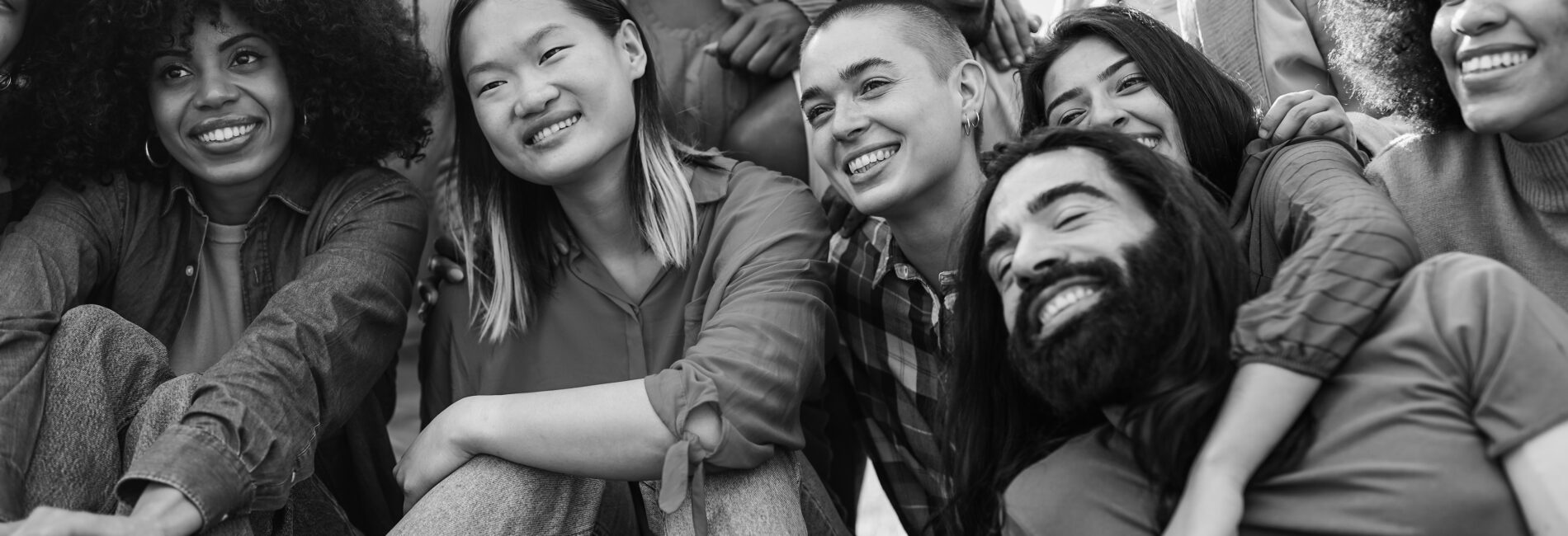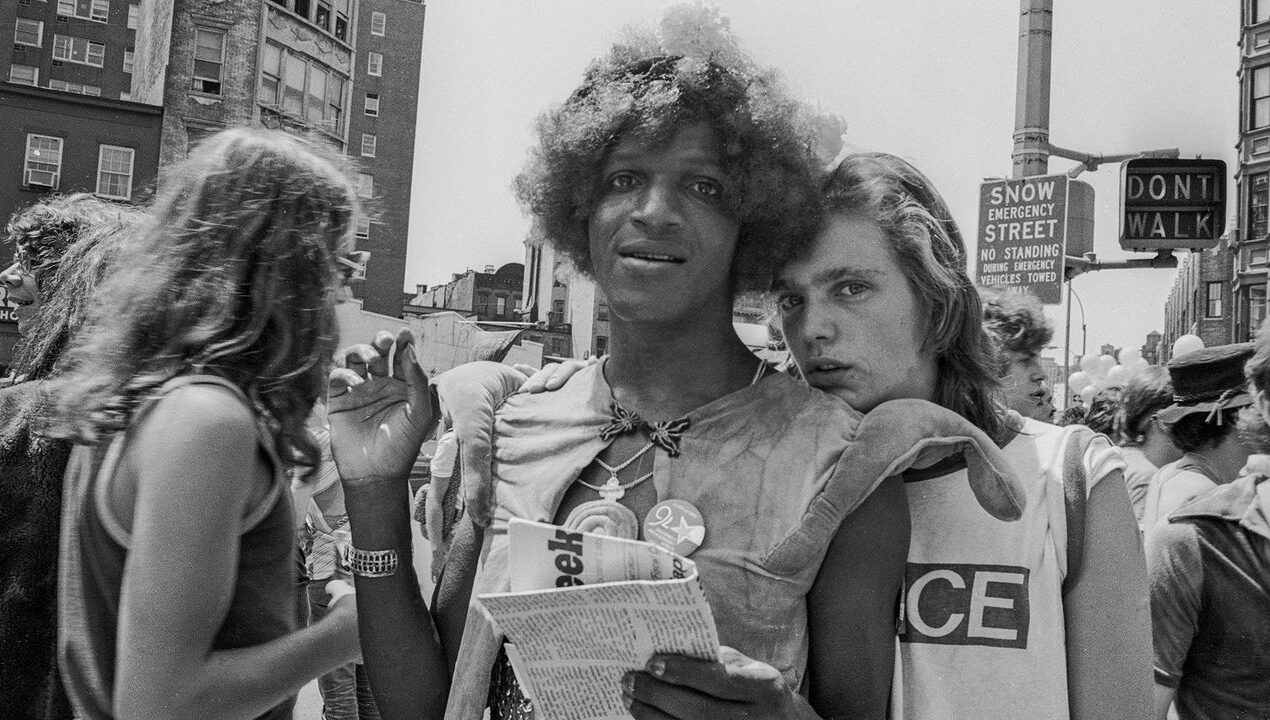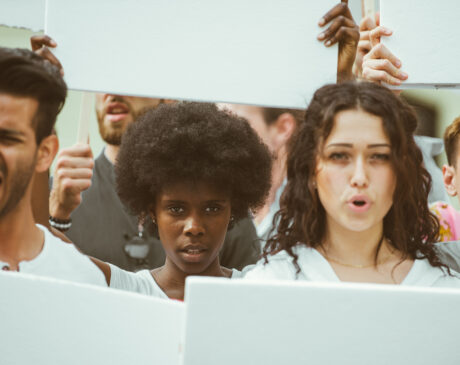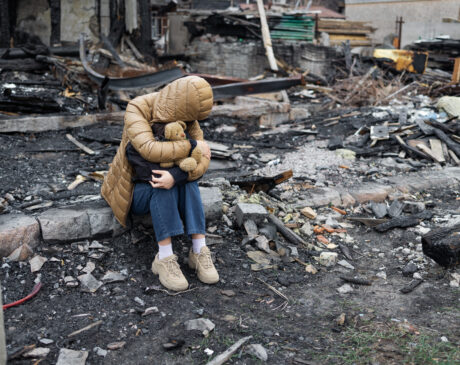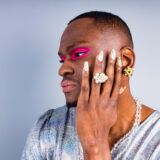Legislation, LGBTQ+, and Intersectionality
The Political Landscape of Sexual Minorities Through a Multicultural and Gender Studies Lens
Throughout history, the rights of sexual minorities have been contested on legal, political, and cultural fronts. The LGBTQ+ movement has been one of resilience, courage, and strategic legal battles that have reshaped societal norms and legislative frameworks. However, understanding this movement requires a critical examination of intersectionality—how race, gender, and class shape experiences within LGBTQ+ communities. This paper explores the intersection of sexual minority law and politics through a multicultural and gender studies lens, tracing the victories, setbacks, and continuing struggles that define the movement. Drawing on Linda Hirshman’s Victory: The Triumphant Gay Revolution, as well as seminal films like Counterculture, Stonewall Uprising, and After Stonewall, this research examines how activism, law, and culture have collectively fought for – and against – equality while illuminating the voices of those who have been historically marginalized within the movement.
The Legal Evolution of LGBTQ+ Rights and Its Multicultural Impact
The battle for LGBTQ+ rights in the U.S. has been deeply intertwined with the legal system, yet the victories often reflect a dominant, white, cisgender narrative. While landmark decisions like Lawrence v. Texas (2003), United States v. Windsor(2013), and Obergefell v. Hodges (2015) secured legal protections, they often failed to address the unique struggles faced by LGBTQ+ people of color, immigrants, and transgender individuals.
For example, while marriage equality was a monumental achievement, it did little to address racialized disparities in housing, employment, and healthcare that disproportionately affect LGBTQ+ people of color. Queer (In)Justice by Joey L. Mogul, Andrea J. Ritchie, and Kay Whitlock highlights how Black and Brown queer individuals remain at greater risk of police violence, workplace discrimination, and inadequate access to healthcare despite legal advancements. By applying a multicultural and gender studies framework, this research will analyze how legal victories often prioritize the most privileged members of the LGBTQ+ community while leaving behind those facing compounding layers of marginalization.
Moreover, the criminalization of LGBTQ+ people, particularly those from marginalized racial and ethnic backgrounds, has remained a pressing issue. The war on drugs and mass incarceration disproportionately affect Black and Latinx LGBTQ+ individuals, who face both racial profiling and discrimination based on sexual orientation or gender identity. Organizations like Lambda Legal and the Sylvia Rivera Law Project work to address these inequities, but systemic discrimination remains deeply entrenched.
LGBTQ+ immigrants face an additional layer of discrimination within the U.S. immigration system. Many LGBTQ+ asylum seekers flee persecution in their home countries, only to be met with further marginalization in detention centers. The intersection of xenophobia and homophobia creates additional barriers that mainstream LGBTQ+ advocacy often overlooks. The work of organizations such as Immigration Equality highlights the need for more inclusive policies that address these overlapping identities.
Stonewall and the Birth of Intersectional LGBTQ+ Activism
The Stonewall Uprising of 1969 is often romanticized as the birth of modern LGBTQ+ activism, yet much of its history has been whitewashed. Films like Stonewall Uprising and After Stonewall document the pivotal role of LGBTQ+ activists, but mainstream retellings often neglect the contributions of transgender women of color, such as Marsha P. Johnson and Sylvia Rivera. These activists, who were on the front lines of resistance, were later sidelined in mainstream LGBTQ+ advocacy, reflecting the racial and gendered exclusions within the movement.
Organizations like the Gay Liberation Front and ACT UP were critical in pushing LGBTQ+ rights forward, yet their leadership was often dominated by white, cisgender gay men. Counterculture provides valuable insight into how Black and Latinx LGBTQ+ communities carved out their own spaces of resistance through ballroom culture, mutual aid, and grassroots organizing. These cultural movements were not just about celebration; they were acts of defiance against a society that sought to erase them.
The emergence of Black and Brown LGBTQ+ activism has had a profound impact on shaping a more inclusive movement. Groups such as the Audre Lorde Project and Southerners on New Ground (SONG) advocate for the intersection of race, gender, and sexual identity in policy-making, emphasizing that LGBTQ+ justice cannot be separated from racial justice.
Intersectionality: Race, Gender, and Class in LGBTQ+ Rights
Intersectionality, a term coined by Kimberlé Crenshaw, is essential in understanding how different identities shape the experiences of LGBTQ+ individuals. The LGBTQ+ movement has historically prioritized legal milestones like marriage equality while sidelining issues like poverty, immigration status, and racial justice. Studies from The Williams Institute indicate that LGBTQ+ people of color are more likely to experience homelessness, job discrimination, and criminalization, yet these issues receive less attention in mainstream activism.
“legal emancipation remains an empty shell if it does not include public services, social housing, and funding to ensure that women can leave domestic and workplace violence.”
Nancy Fraser

Black transgender women, in particular, face disproportionate rates of violence and economic insecurity. Despite their leadership in LGBTQ+ activism, they remain among the most vulnerable. The Death and Life of Marsha P. Johnsonsheds light on how the legal system repeatedly failed Johnson and other trans women of color, illustrating the gap between legal progress and lived reality. This research highlights how applying a gender studies lens reveals the inadequacy of a one-size-fits-all approach to LGBTQ+ rights.
“What woman here is so enamored of her own oppression that she cannot see her heelprint upon another woman’s face? What woman’s terms of oppression have become precious and necessary to her as a ticket into the fold of the righteous, away from the cold winds of self-scrutiny?”
― Audre Lorde, The Uses of Anger: Women Responding to Racism
Economic disparity remains one of the biggest challenges for LGBTQ+ individuals, particularly those from immigrant backgrounds. Many LGBTQ+ asylum seekers fleeing persecution in their home countries find themselves further marginalized within the U.S. immigration system. The intersection of xenophobia and homophobia creates additional barriers that mainstream LGBTQ+ advocacy often overlooks.
Furthermore, healthcare discrimination remains one of the most pressing issues for LGBTQ+ individuals, particularly transgender and nonbinary people. Studies from the National Center for Transgender Equality reveal that nearly one in three transgender individuals has been denied medical care based on gender identity. The rollback of protections for transgender healthcare under the Trump administration highlighted the ongoing vulnerability of LGBTQ+ people in the healthcare system. Advocacy efforts must continue to fight for policies that ensure equal access to care, including gender-affirming treatments and mental health resources.
Beyond Marriage Equality: The Ongoing Fight for Justice
While marriage equality was a landmark victory, the fight for LGBTQ+ rights extends far beyond it. Issues such as employment discrimination, transgender rights, and healthcare access remain at the forefront. The Equality Act, a proposed piece of legislation that seeks to expand the Civil Rights Act to include sexual orientation and gender identity, is a crucial next step. However, its passage is complicated by the political climate and the ongoing backlash against LGBTQ+ rights, particularly for transgender individuals.
In addition to legal protections, economic justice remains a crucial component of LGBTQ+ advocacy. LGBTQ+ individuals, particularly trans people and people of color, experience higher rates of poverty and employment discrimination. The fight for workplace protections and fair wages must be central to any policy aimed at advancing LGBTQ+ rights.
The fight for LGBTQ+ rights is a testament to the power of legal advocacy, grassroots activism, and cultural resistance. From the streets of Stonewall to the halls of the Supreme Court, the movement has faced challenges and triumphs that continue to shape the American legal and political landscape. However, true progress requires acknowledging the gaps in representation and advocacy. By examining these struggles through a multicultural and gender studies framework, we gain a deeper understanding of not just the laws that govern us but the human lives they impact.
To ensure that legal victories translate into lived equality for all members of the LGBTQ+ community, the movement must embrace intersectionality at its core. Policies must be shaped with the understanding that race, gender, class, and immigration status profoundly impact one’s access to justice. The question remains: How do we move beyond symbolic victories and ensure real, lasting change? The answer lies in continued vigilance, activism, and a refusal to accept anything less than justice that serves everyone, not just the most privileged among us.
